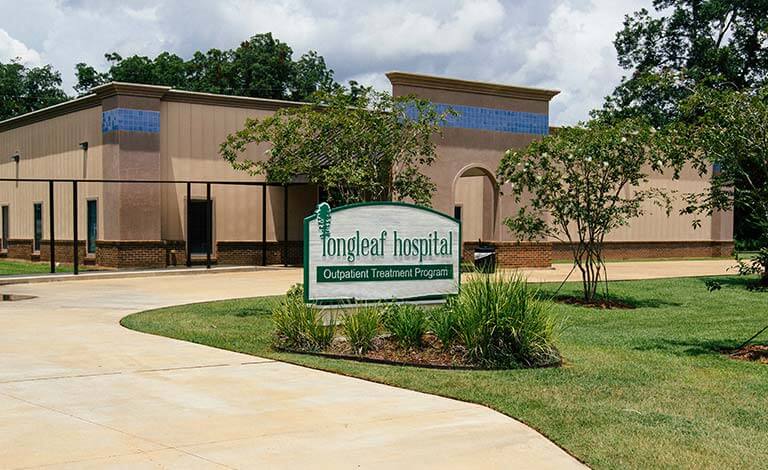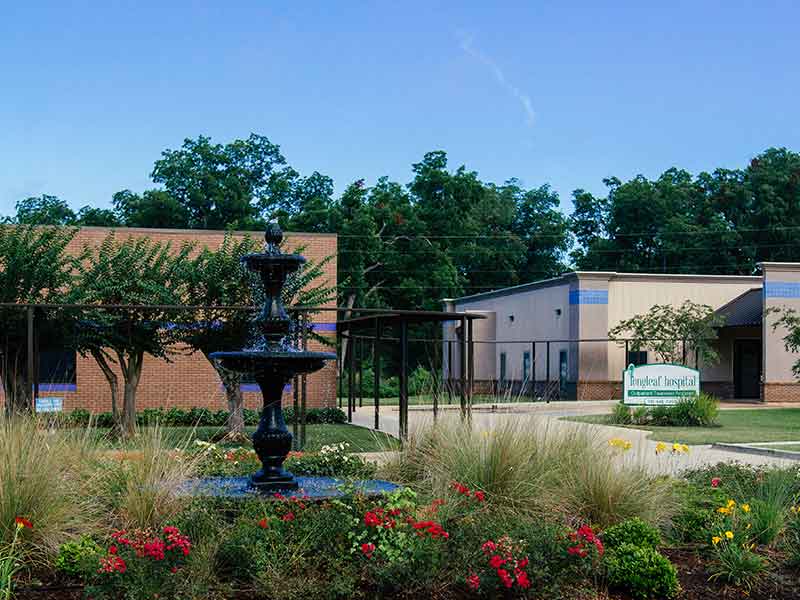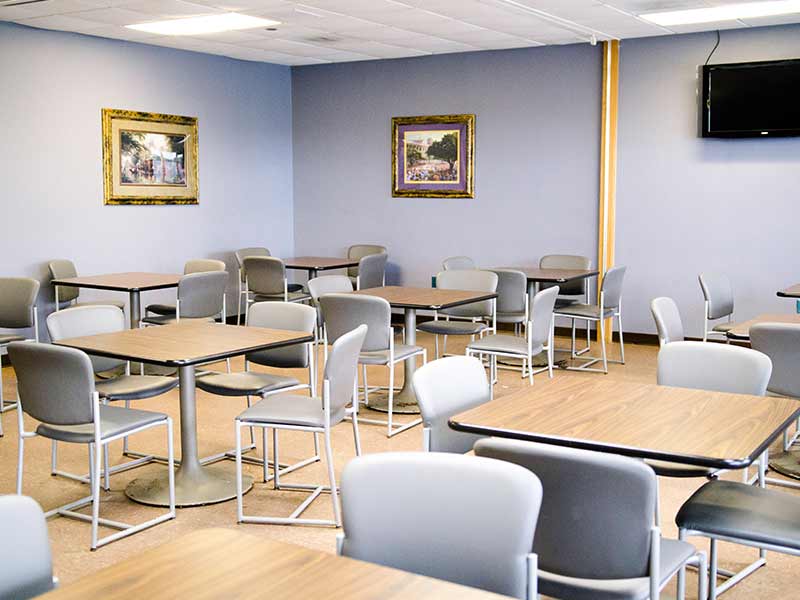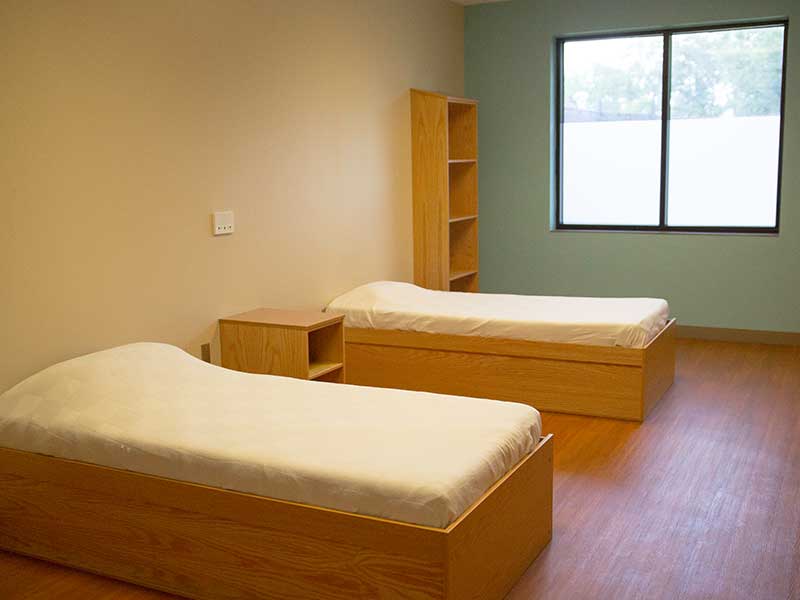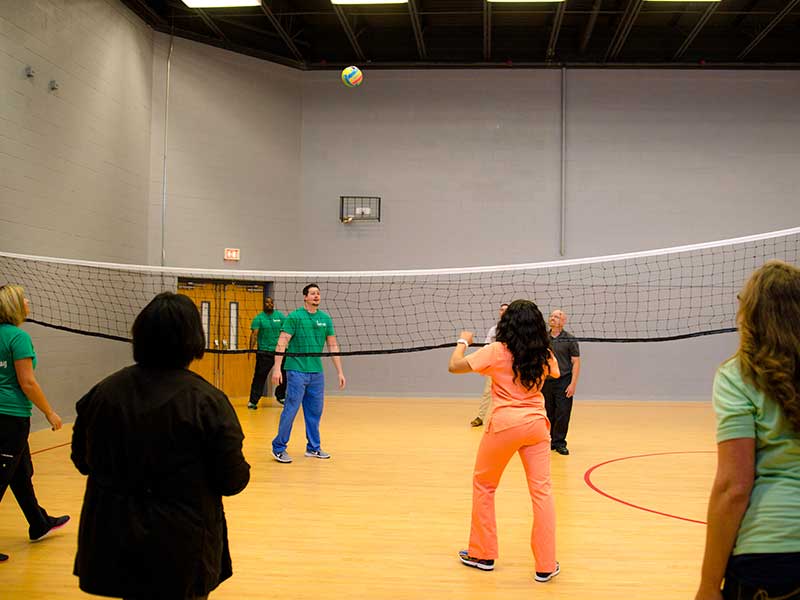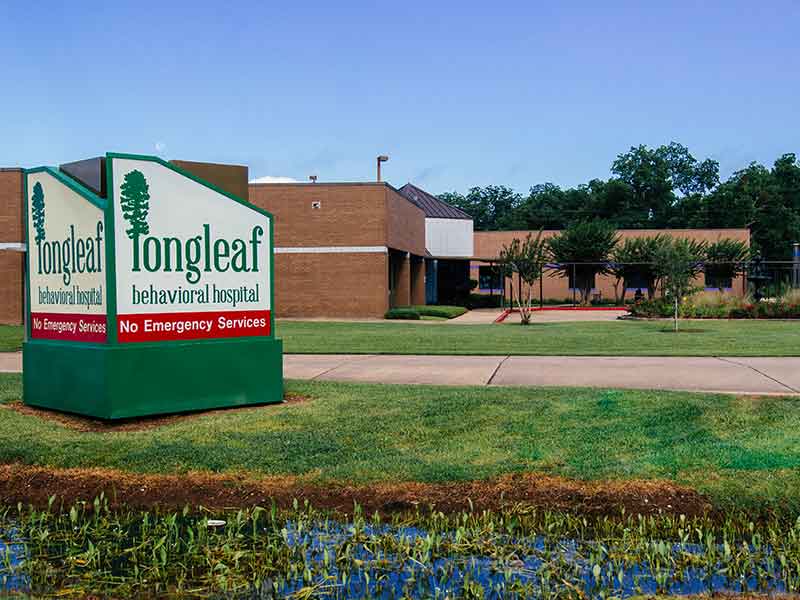Our commitment to comprehensive care for aggression means that we are prepared to provide you with the type, level, duration, and intensity of services that will best meet your needs.
Aggression Treatment
Learn more about aggression treatment at Longleaf Hospital in Alexandria, LA
Aggression is a relatively broad term that can encompass a variety of physically and psychologically violent acts. Physical aggression can include hitting, punching, slapping, kicking, stabbing, shooting, and engaging in acts of sexual violence. Psychological aggression, which is also sometimes referred to as verbal aggression, can include making threatening or demeaning statements and/or harassing a person via social media, text messages, or other technological means.
Uncharacteristic or unprovoked aggression is often, but not always, a symptom of a mental health disorder. When aggression is symptomatic of mental illness, it is essential that the individual receives effective professional treatment at a hospital, clinic, or another treatment provider that can address the underlying mental health disorder, and not merely attempt to mask or eliminate the problematic behavior.
At Longleaf Hospital in Alexandria, Louisiana, experienced professionals can provide the comprehensive treatment services that can help a person who has been struggling with aggression that is related to a mental health or behavioral health disorder. In a safe and structured treatment environment, adolescents and adults can receive personalized care that will help them to regain control over their thoughts and actions, and will empower them to curtail the urge to engage in physical or psychological aggression.
How to Help a Loved One
Helping a loved one get treatment for aggression
When a friend or family member begins to act in an uncharacteristically aggressive manner, it is perfectly understandable for you to be concerned, worried, or even frightened by this behavior. However, it is important that you do not either dismiss the aggression or attempt to rationalize it as a character flaw or unavoidable response to external events. Especially if the aggression indicates a change from your loved one’s typical temperament, it could be a sign that he or she is struggling with a mental or behavioral health challenge.
Please consider the following:
First, you must protect your safety. An aggressive person can inflict both physical and psychological harm. Do not put yourself at risk. If necessary, only deal with your loved one in the presence of others. Regardless of the cause of your loved one’s aggression, or his or her intentions, this behavior can clearly be dangerous. You should not risk your physical or psychological health.
Educate yourself about possible causes of aggression. Many mental health disorders may cause a person to act with uncharacteristic aggression. As noted in many other places on this page, the word “uncharacteristic” is essential. A significant change in behavior, such as a sudden propensity for aggression, can be an important sign that an individual is struggling with a mental or behavioral health disorder.
In addition to learning about causes of aggression, you should also investigate treatment options that have helped others whose situations were close to what your loved one has been experiencing. This research can also include identifying programs in your area that offer the type and level of care that your loved one may need, and contacting or visiting these programs to get additional information and answers to your specific questions.
If possible, talk to your loved one. Express your concern, discuss your observations, and reaffirm your love and support. Perhaps most importantly, listen to what your loved one has to say. His or her willingness or refusal to discuss what he or she has been experiencing can provide you with vital insights regarding his or her level of self-awareness and desire to get help.
If your loved one is willing to consider treatment, then incorporate him or her into your research efforts. If he or she refuses to get help, then you may need to look into options for interventions or involuntary admission to a program. This is where your familiarity with your loved one, combined with your research into potential causes and possible treatment, can enable you to play such an important role.
Ideally, you should not attempt to undertake this entire project on your own. In addition to concerns about your safety, you should also be aware that caring for a loved one who is struggling with a mental or behavioral health disorder can be a source of considerable emotional stress. If at all possible, get a small group of trusted friends and/or close family members to assist you with your research and help you with your efforts to keep your loved one safe and to convince him or her, if necessary, to get professional treatment.
Finally, remember that recovery can be a long process. Depending on the nature and severity of your loved one’s disorder, he or she may require long-term support following the completion of his or her time in treatment. Set realistic expectations, participate in family therapy or other support sessions if they are offered, and plan to remain an active positive presence in your loved one’s life.
Why Consider Treatment
Why consider treatment for aggression at Longleaf Hospital in Alexandria, LA
When a person is exhibiting aggression as a symptom of an untreated mental health disorder, that behavior can cause significant distress in various parts of his or her life. When the mental health disorder is not diagnosed and treatment is not provided, the behavior may be judged on its own merit, and not as a symptom of a treatable condition. For a young person, this may mean that he or she does not receive the academic support that is necessary to succeed in school. For adults, aggression can cause conflicts that result in job loss. For those of all ages, aggression can diminish their ability to form and maintain healthy interpersonal relationships, expose the individual to physical and psychological harm, and result in legal problems including arrest, fines, and incarceration. Academic failure, job loss, and poor peer support can lead to withdrawal or isolation, pervasive sense of hopelessness, substance abuse, and a host of additional negative outcomes.
The good news is that with effective professional treatment at a program such as Longleaf Hospital in Alexandria, LA, a person can receive the comprehensive care that will identify and address the underlying mental health disorder that has prompted the aggression. With effective treatment, a person who has been struggling with aggression related to a mental or behavioral health disorder can live a healthier, more satisfying, and more productive life.
Types of Treatment
Types of aggression treatment offered at Longleaf Hospital in Alexandria, LA
Located in Alexandria, LA, Longleaf Hospital is the area’s leading provider of individualized psychiatric care for children, adolescents, teens, and adults who have been exhibiting aggression and are struggling with one or more mental health conditions. Having recently completed a full upgrade of clinic facilities in 2015, Longleaf offers a tranquil setting in which to heal. Our hospital is set amongst a peaceful wooded area, but is easily accessible off of highway 28 near the Alexandria Coliseum.
At Longleaf Hospital, we seek to provide the highest level of psychiatric care while treating each child, adolescent, and adult. Our program’s mission is to support long-term success for patients both during treatment at this clinic and after they return home. This is accomplished through the work of our expert team of highly qualified mental health and medical staff who are committed to providing dignity in treatment and to empowering patients to lead healthy, productive lives.
Patients who come to Longleaf may be struggling with a wide variety of psychiatric concerns, and treatment for aggression will consist of various supports that are tailored to address each patient’s unique strengths and challenges. For adult patients whose aggression is accompanied by a co-occurring substance use disorder, Longleaf is pleased to provide comprehensive care to address chemical dependencies of many types, including addictions to alcohol, benzodiazepines, heroin, opioids, marijuana, PCP, methamphetamines, cocaine, hallucinogenic, synthetics, and more.
Options for treatment at our clinic span the continuum of care, and include several options in order to provide the ideal treatment environment for every patient. We are also proud to offer specialized supports for active and retired military personnel and their dependents.
Upon admission, each patient is thoroughly assessed prior to beginning services at Longleaf, and a personalized plan of care is devised to encourage the most beneficial outcomes possible, no matter what level of care the patient is engaged in.
Short-term acute inpatient care is offered for children and adolescents ages 11-17 and adults ages 18 and above. In this setting, patients can receive a variety of supportive services designed to help them overcome aggression and related symptoms, including:
- Medically assisted, supervised detoxification programming
- 12-Step based services
- Cognitive behavioral therapy (CBT)
- Motivational enhancement therapy (MET)
- Rational emotive behavioral therapy (REBT)
- Medical services from nurse practitioners and doctors
In addition to the treatment modalities listed above, all children, adolescents, and adults who seek care at Longleaf will have access to the following therapies:
- Medication management: If an individual’s symptoms can be effectively treated with prescription medications, our team can include medication management services into his or her personalized treatment plan. All medication decisions will involve the input and consent of the individual in treatment and/or his or her parents or guardians.
- Individual therapy: Master’s level social workers provide this one-on-one service to allow all patients to process issues from the past and present that have contributed to the onset of aggression and related symptoms. In this private, confidential setting, individuals can discuss the challenges and successes that arise in treatment, and make a plan for continued success after leaving Longleaf.
- Family therapy: Family therapy is offered twice weekly and is designed to engage a patient’s loved ones in his or her recovery journey, to heal damaged relationships, and to increase the functionality of the family unit.
- Group therapy: All patients at Longleaf will have many opportunities to participate in group therapy. Offered daily, this intervention is used to help patients learn from each other, and to combat the sense of isolation that is common amongst those suffering from the symptoms of mental illness, including aggression. Group discussions are varied but could include topics such as anger management, impulse control, coping skills, and discharge planning.
At Longleaf Hospital, we are proud to have a long history of providing superior service to active duty military members, veterans, and their families. Our military support efforts are led by our medical director, a retired Army colonel who works closely with all military members who heal at Longleaf. We do not have a specialized treatment track for military members, but we ensure that the unique issues and challenges that are experienced by members of the military community are addressed in each patient’s personalized treatment plan, and we place a premium on ensuring that all military-affiliated patients receive the customized care that will best prepare them for long-term success.
In addition to Longleaf Hospital’s acute inpatient care program, the partial hospitalization program (PHP) is another option for support that is available to adult patients age 18 and above. PHP at Longleaf, which typically spans a time period of 2 to 6 weeks, has been proven successful in addressing aggression. This option is suitable for patients who require a high level of support, but who are able to return to their home environments in the evening.
Programming within this level of care is based on 12-Step ideology, cognitive behavioral therapy (CBT), and motivational interviewing. Medication management is also available within PHP at Longleaf, and patients can meet with a psychiatrist twice per week while in this program. Individual, family, and group therapies are also provided, as well as thorough discharge planning.
The least acute option for care for aggression at Longleaf Hospital is the intensive outpatient program (IOP). This form of support can be used as a step-down level of care from other programs, or for adults age 18 and above who do not require a higher level of care. Typically lasting 8 to 12 weeks, IOP at Longleaf consists of medication management services and various time-tested therapeutic techniques designed to address aggression and related symptoms.
Learn More Today
Get more information about treatment for aggression
The admissions staff at Longleaf is available to speak with referral sources and prospective patients and their families 24/7. Upon contacting Longleaf, a licensed intake counselor can provide an initial assessment, and answer any questions that you may have about healing at our hospital. The decision to seek care for aggression may be a difficult one, but the compassionate professional team at Longleaf Hospital in Alexandria, Louisiana, is here to ensure that you find the very best support for yourself or a loved one.




